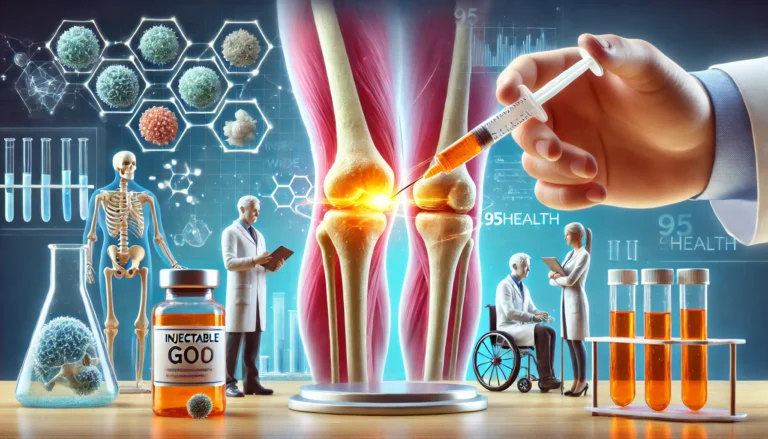Scientists Discover Key Driver of Aging: The Role of IgG
In a significant breakthrough, scientists have identified Immunoglobulin G (IgG) as an early driver of aging, offering new insights into the molecular mechanisms behind the aging process. This discovery, published in the journal Nature Aging, highlights the potential for new therapeutic strategies to slow down or even reverse aspects of aging.
The Role of IgG in Aging
IgG, a type of antibody, is well-known for its role in the immune response. However, recent research has uncovered a pathogenic role for IgG in promoting inflammation and contributing to aging, particularly in adipose (fat) tissue. This inflammation, driven by IgG, accelerates cellular aging and can lead to various age-related diseases.
Mechanisms and Implications
Researchers have found that IgG triggers chronic low-grade inflammation in adipose tissue, a process that contributes significantly to the aging process. This inflammation not only affects the tissues where it originates but can also lead to systemic aging effects throughout the body. Understanding these mechanisms opens up new avenues for targeting IgG-mediated pathways to mitigate aging and improve healthspan.
Potential Therapeutic Approaches
The identification of IgG as a key driver of aging paves the way for innovative therapeutic approaches. By developing treatments that reduce IgG levels or block its inflammatory effects, scientists hope to slow down the aging process and delay the onset of age-related diseases. Current research is exploring the use of senolytics—drugs that selectively clear senescent cells—to target these IgG-mediated inflammatory pathways.
Future Research Directions
Ongoing research aims to further elucidate the specific molecular mechanisms by which IgG contributes to aging. This includes exploring how IgG interacts with other cellular processes and identifying additional targets for intervention. The ultimate goal is to develop comprehensive anti-aging therapies that can enhance longevity and improve the quality of life for the aging population.
The discovery of IgG’s role in aging marks a significant step forward in our understanding of the aging process. By targeting this pathway, we may be able to develop new treatments that not only extend lifespan but also enhance healthspan, ensuring a better quality of life in our later years.






